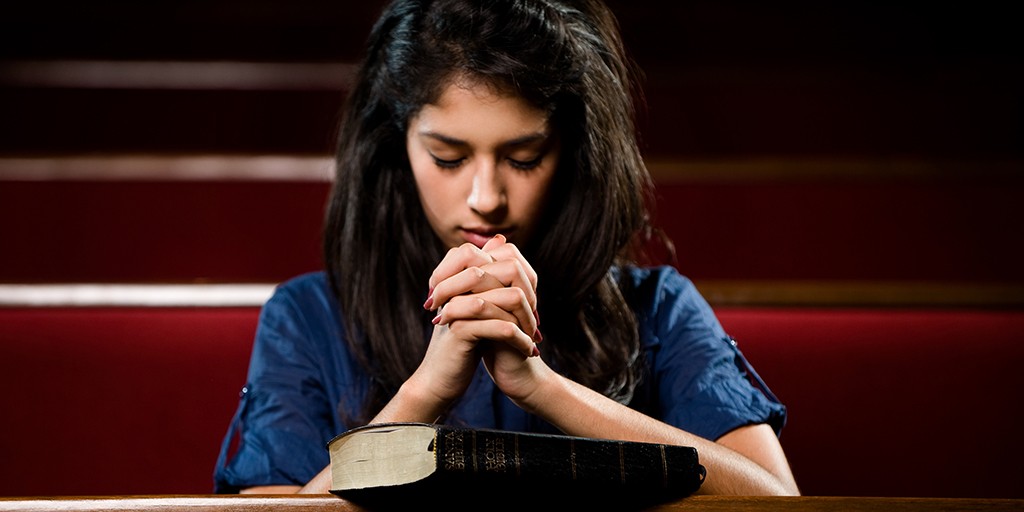
America’s Evangelicals are passive, timid, and afraid to defend their own liberties.
Doubt me? Let’s consider a counterfactual. Imagine for a moment that a racist state legislature passed a bill designed to financially cripple historically black colleges. Claiming the need to protect the public from “racial discrimination,” state senators proposed a bill that could deny any and all state funds (including student financial aid) to any university that deviated excessively from the demographic makeup of the state. Compounding the crisis, the racist legislature believed a racist judiciary would uphold the law, giving black colleges a choice—get whiter or close their doors.
Does any rational person believe that the black community or the Left more broadly would simply acquiesce? That they’d delegate the fight to outside law firms and a few sympathetic politicians, or that they’d wring their hands over the decline of the culture rather than taking direct action? No, they would shut down the state capital with protests. They would stage sit-ins. They would bus in protesters from elsewhere in the state and around the country. They would picket legislators’ homes. They would picket the governor’s mansion. And they would not stop until they won.
I thought of this as I read the scant news coverage of California’s intentionally anti-Christian SB-1146, a bill that requires Christian schools to disclose if they are seeking traditional religious exemptions from anti-discrimination laws, and strips public funding from any school that imposes traditional Christian rules of morality and conduct on matters of sexual orientation and gender identity. Only schools that train pastors are exempt. The message is clear: Conform or close.
The traditional response to odious bills such as this is to call or write your legislator, and, if that fails, file a lawsuit. In the meantime, while the lawsuit proceeds, only a minority of church-going Evangelicals will be aware of the controversy, and a small minority of that minority will fervently believe that Christians had it coming, because the church is just as bigoted and nasty as its worst critics say it is.
Given the inherent weaknesses of this model, it’s a miracle that it’s worked at all. But thanks to the First Amendment, a bipartisan judicial consensus that outright viewpoint discrimination was unlawful, and extraordinarily diligent legal efforts from a relatively small cohort of dedicated lawyers, a fractious and squabbling church has generally sailed through the culture war with its fundamental freedoms intact. It has lost on the margins, but its core liberties have survived. It can no longer take this reality for granted. The sexual revolution marches on, and the courts have broadcast their intentions. When First Amendment freedoms conflict with “sexual liberty,” sex now tends to win. And when it loses, the margin is razor-thin.
This is exactly the time when the Evangelical church needs to lay down a marker, to signal that it will not go quietly. But to do that it needs to do something that it rarely does: ask its members to take a stand. Oh, the church is good at asking them to do things that the world likes, such as volunteering at homeless shelters or digging wells in poor villages overseas. It’s good at helping repair broken homes and broken lives. It’s decent at transmitting the truths of the faith to the next generation. It’s terrible, however, at defending its own essential liberties. Just ask virtually any Christian individual or group caught up in a major legal dispute.
Yes, some Christians will express support online, a few will offer to pray, and fewer still will write the checks that support pro bono legal defense. But rare is the incident that will stir any greater action. An actual protest? Heaven forbid—that’s divisive. The result is that the few Christians who do stick their heads above the foxhole often feel terribly alone, isolated even from their peers.
During my legal career, I’ve defended Christian students from coast to coast, in hundreds of cases and controversies, and I can remember exactly one time that the Evangelical community truly rallied to protest anti-Christian bigotry and discrimination. Students at Vanderbilt University directly confronted the administration after it targeted more than a dozen Christian student groups for exclusion from campus. They prayed outside board meetings, organized campus resistance, and packed a town-hall meeting to voice their support for religious liberty. They didn’t secure a policy change, but they did secure an uneasy truce—one that effectively preserved the Christian presence on campus—and many of them found that the experience renewed their faith and transformed their lives.
The time is coming when the church will have to forget the old playbook and stop delegating the defense of its essential liberties to lawyers and politicians. It will have to take direct action, in much the same way that Christian defenders of civil rights once did. California contains many of America’s best and most vibrant churches. Its Christian schools include many of Evangelical America’s best and brightest young students. There are more than enough Christians in the state to form a powerful dissenting bloc, loudly and clearly proclaiming its citizenship and defending its rights.
If the church surrenders the culture without putting up a true fight—without fully exercising its right and obligation to defend its constitutional freedoms—then it will richly deserve its legal and political fate. A spirit of timidity does not come from God, but timidity grips the church. If we don’t grow bold today, we’ll only have ourselves to blame tomorrow.
*Editor’s Note: This article first appeared on nationalreview.com and is used with permission from the author.
David French is an attorney, and a staff writer at National Review.


